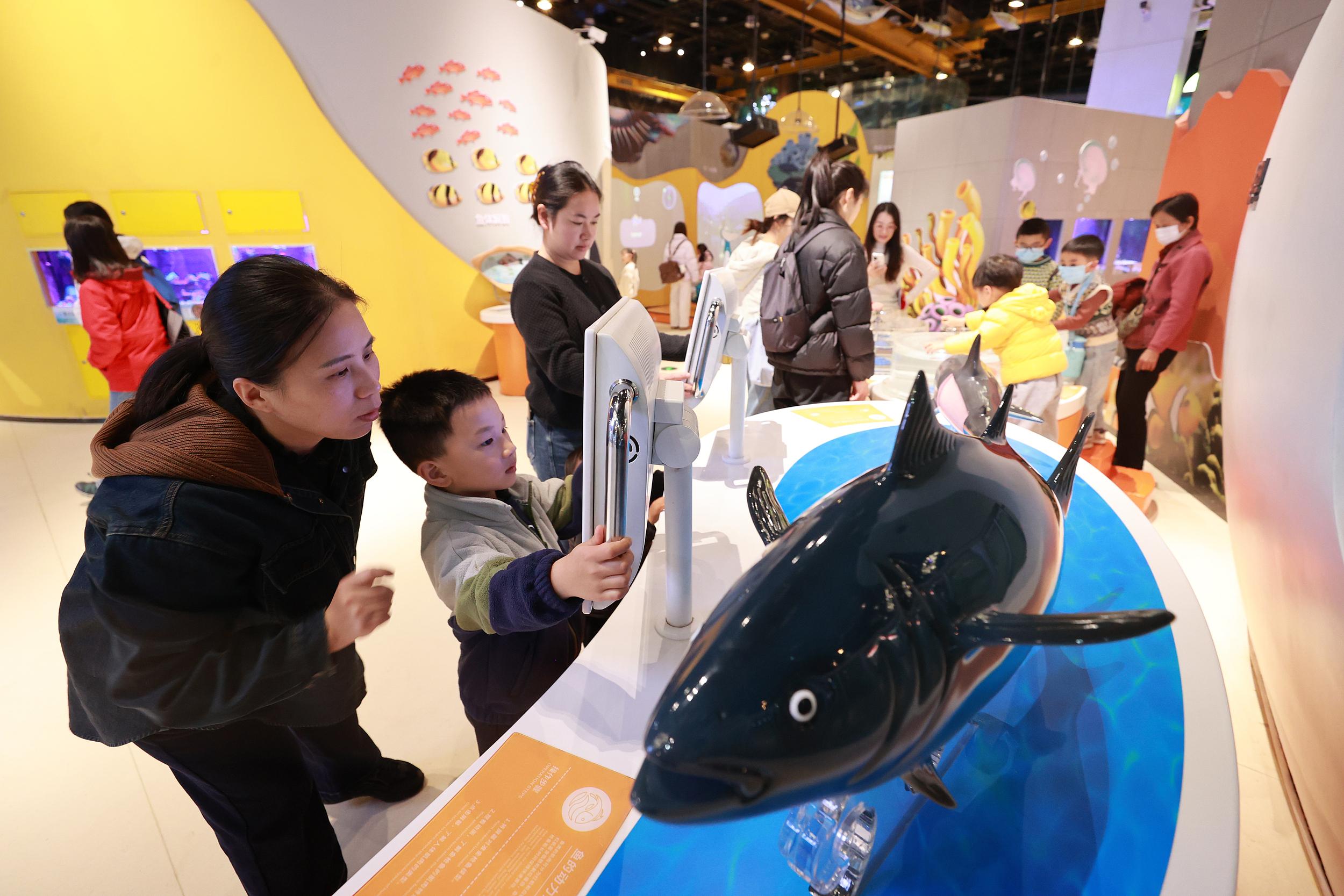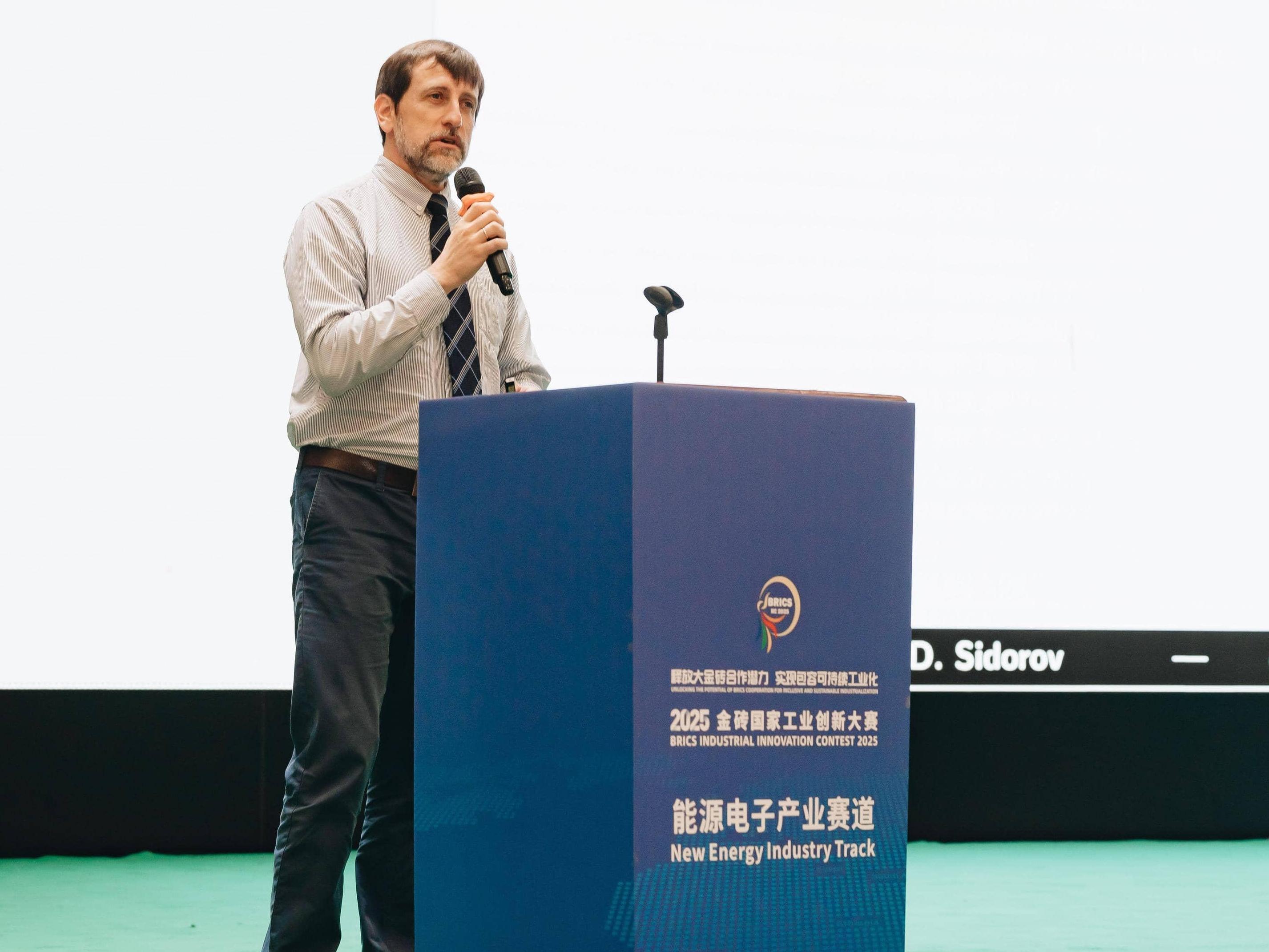Cultural Development Gets Timely Investment
China's ongoing commitment to reform its cultural facilities and services has taken a significant step forward, with the release of a new set of economic policies aimed at promoting high-quality cultural development.
The policies emphasize that a diversified funding structure is to be developed to ensure that key cultural planning and project expenditures are adequately supported. The effective use of funds to improve cultural services and the supply of cultural products is encouraged.
Local governments are motivated to develop cultural facilities tailored to regional characteristics, aspiring to create world-class libraries, museums, art galleries, and science centers with Chinese features. Areas with the capability are advised to implement incentive policies for extending operational hours of free public cultural facilities, enhancing accessibility and services for the elderly.
Furthermore, support will be directed towards disaster prevention and safety monitoring systems for cultural heritage.
The initiatives also call for improving international collaboration in the cultural sector, encouraging the establishment of overseas cultural institutions, facilitating international culture-related assistance, and supporting the development of national cultural trade bases.
The cultivation of key cultural export enterprises with international competitiveness will be accelerated so as to promote cultural products and services "going global."
Meanwhile, banking institutions are encouraged to increase their financial support for cultural enterprises, including providing high-quality cross-border payment settlement services for cultural trade enterprises.

On the technology front, the policies outline a commitment to exploring effective mechanisms for merging culture and technology. They emphasize the use of Internet thinking and information technology to refine cultural creation and production processes, thereby supporting the digital empowerment and transformation of the cultural sector.
The document proposes that both national and local technological development plans increase their backing for cultural technology innovation, while promoting the establishment of national technology innovation centers within the cultural sector.
A robust service system for cultural technology innovation will also be developed to accelerate the conversion of innovative cultural technologies into practical applications.
Plans are also in place to supplement data standardization in the cultural sector, and cultural enterprises and institutions are encouraged to develop and utilize cultural data resources. Another focus area is supporting the construction of digital culture infrastructure and creating comprehensive cultural data service platforms.
In addition, the initiatives will work towards building high-quality AI datasets within the cultural sector while supporting the development of large AI models.
Emphasis will also be placed on elevating the digitalization of cultural trade and fostering the growth of digital cultural content on an international scale.







